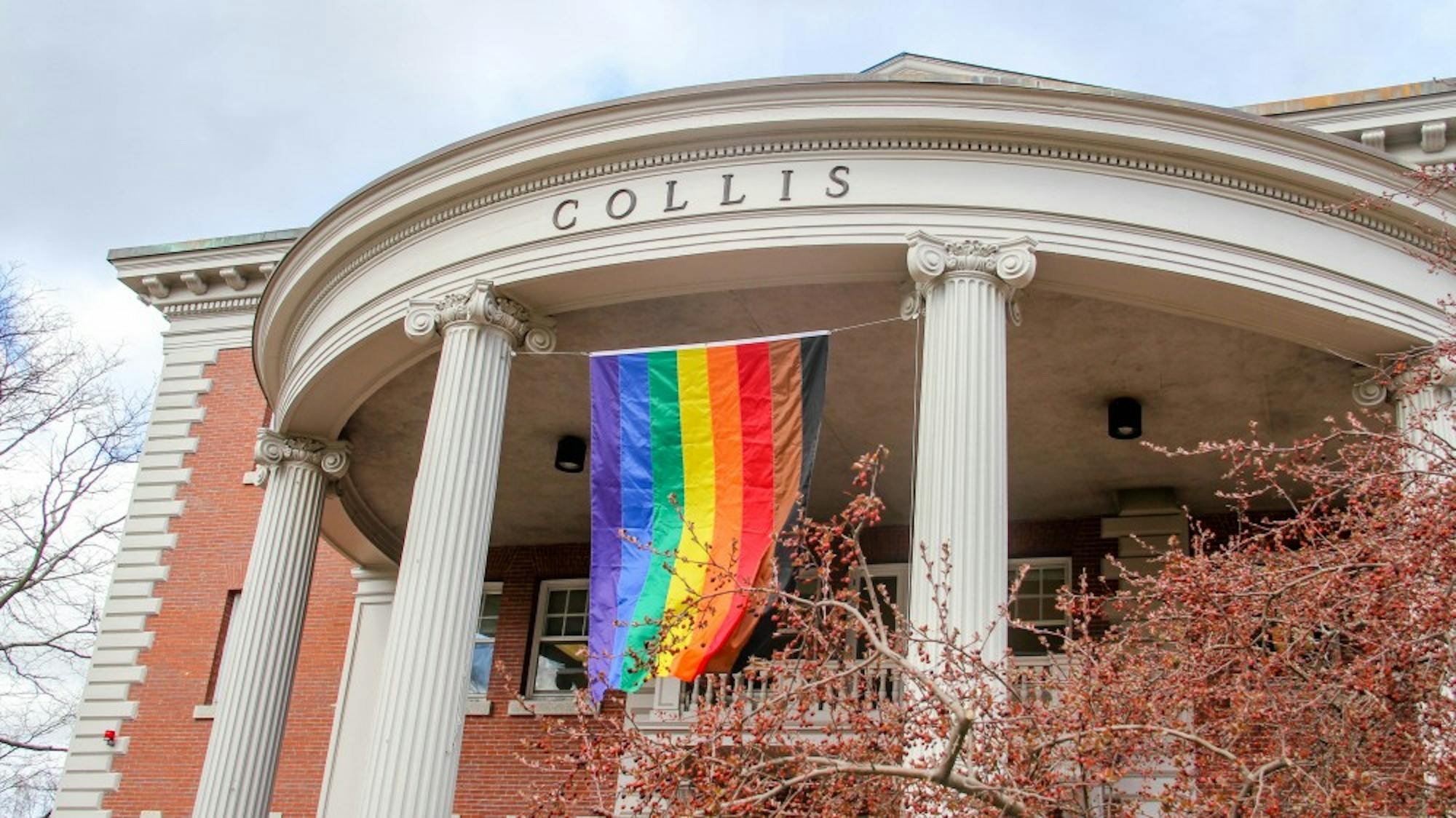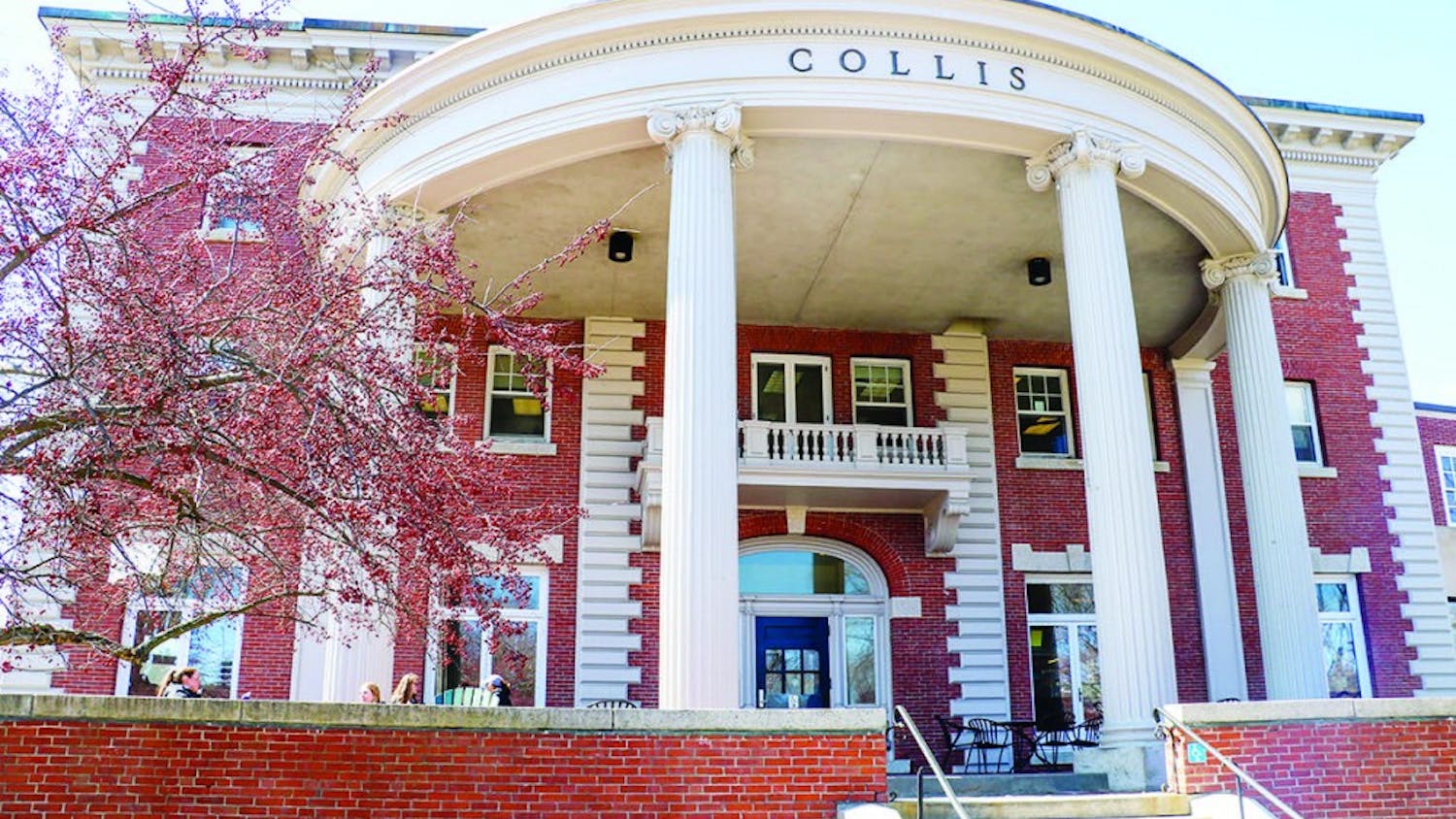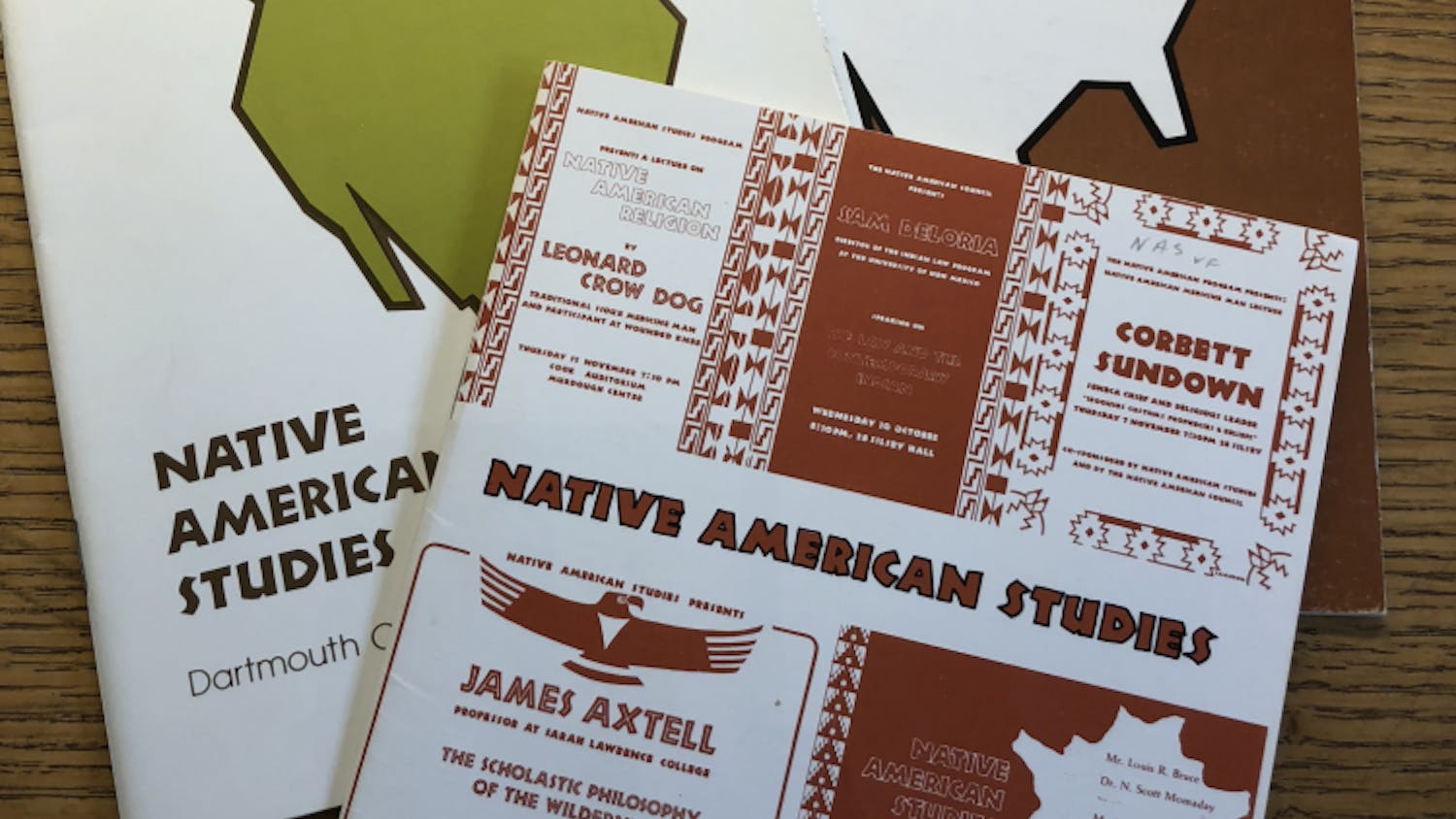Student Assembly has rolled out a voucher program to alleviate financial burdens for students at Dartmouth. The program provides students with gift cards to the Hanover Co-op food store and the Dartmouth Coach.
Launched on April 28, the first round of vouchers were available on a first-come, first-served basis via a Google Form emailed to campus.
While the vouchers did go out on a first-come, first-serve basis, the email noted that the program was intended to assist students in need. On the form to apply for vouchers, students had to acknowledge their understanding of the program’s intentions.
“For very good reasons, [we] shouldn’t have access to students’ financial information, so there’s no way for us to corroborate whether or not students are actually in need [of vouchers],” said outgoing Student Assembly president Monik Walters ’19 of the pilot’s first-come, first-served nature.
The first round of the pilot program filled up quickly, demonstrating the demand for such a project, according to Walters. Walters said she limited the amount of vouchers in the first round of the pilot, so as not to exhaust funds and thereby allow for further rounds of testing. In the application for its budget, SA applied for funds designated for this project.
The idea for the Co-op vouchers followed a report by SA vice president Nicole Knape ’19 about food insecurity at the College. Walters and SA senator TJ Seo ’22 then worked with Co-op member education manager Emily Rogers to determine how best to implement a pilot program.
“Originally we wanted to do $5,000 worth of vouchers, but then we ended up settling on the $2,500 just to sort of test it out, [and] see if it even makes a reasonable enough difference for us to continue the program,” Walters said of the Co-op vouchers.
The Co-op offered similar vouchers during the most recent winter break. Eighty students were given three vouchers — each worth $35 — that were valid between Dec. 15, 2018 and Jan. 2, 2019. Events such as a store tour and cooking demonstration were held at the Co-op to educate student recipients about cooking and the Co-op, according to Walters.
Co-op director of public relations Allan Reetz said the voucher programs have been successful, and that he is optimistic for the future of such programs.
“This program has legs,” Reetz said, adding that the Co-op may expand voucher programs to its other locations in the Upper Valley, making vouchers available to local residents in need.
Regarding SA’s program to subsidize Dartmouth Coach bus tickets, Walters said she came up with the idea for the after experiencing the high prices of Coach tickets and limited transportation options to New York herself.
“The idea for the initiative just came from my own logic being a student here, [and] as someone who lives in New York, those Coach ticket prices can definitely add up,” Walters said. “For some people, it’s completely just prohibited them from being able to go home or even leave in case of an emergency or anything like that.”
SA did not work with the Dartmouth Coach to provide vouchers to students. Rather, SA funds were used to purchase tickets for students who applied for vouchers, according to Walters. She added that they started the program by purchasing tickets for 100 people, which cost about $8000 in total.
A campus-wide email reporting some results of the first round of the pilot noted changes that will be made to the Coach voucher program in the second round of the pilot.
“Tickets can now only be used for round trip to and from Boston, only to avoid the issue of missing the Coach for New York,” the email stated.
Unlike the Boston Coach, tickets for the New York Coach can only be used on the day and time designated on the ticket. If they are not used, they cannot be transferred to a different time. Additionally, the second round will be “restricted to emergency cases only,” according to Walters.
Incoming SA president Luke Cuomo ’20 said he plans to expand the program next year and has included requests for funding for the program in his budget proposal.
“First thing is we have to secure funding for SA next year ... certainly both the Coach and the Co-op program are going to be a major component of our budget next year,” Cuomo said. “I’m hoping to secure increases in the Undergraduate Finance Committee allotment for SA because clearly the need and the desire among the student body for this program has been demonstrated by just how quickly its sold out.”
Cuomo said that he is also prepared to take on some of the logistical kinks that the pilot has presented, such as the issue of expiration with New York Coach tickets and the fact that “essentially giving students money counts as a gift, which then becomes taxable at a certain level.”




